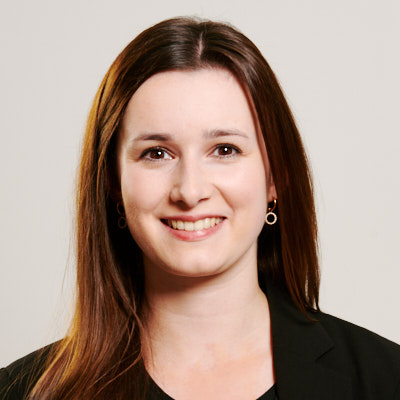1 Background
If a taxable person provides supplies of services to another taxable person’s fixed establishment, the place of supply is where the fixed establishment is located (see Art. 44 EU VAT Directive). Whether a taxable person actually operates a fixed establishment is often not easy to determine. The ECJ’s most recent decision (C-232/22 - Cabot Plastics Belgium SA) on the existence of a fixed establishment was based on the provision of tolling services (i.e. the processing of a customer’s material by a service provider). In essence, the question was, whether a customer constitutes a fixed establishment at the supplier’s place of business if the supplier carries out activities exclusively for the customer.
2 Facts
Cabot Switzerland concluded a tolling agreement with Cabot Belgium. Cabot Switzerland and Cabot Belgium belong to the same group and are indirectly linked through a holding company. Legally, both companies are independent of each other. Under the tolling agreement, Cabot Belgium processes raw materials provided to it by Cabot Switzerland into intermediate products, which are then used in the manufacture of plastics. Cabot Belgium uses its production facilities exclusively to process Cabot Switzerland’s raw materials. As a result, the services supplied to Cabot Switzerland account for almost all of Cabot Belgium’s turnover. In addition to the processing of raw material, Cabot Belgium also provides several additional services, such as storage of the intermediate products, making recommendations aimed at optimising the manufacturing process, technical checks, assistance with customs formalities, etc. Cabot Switzerland sells the intermediate products to customers worldwide.
Cabot Belgium did not show Belgian VAT in its invoices to Cabot Switzerland. It assumed that the supplies were taxable at Cabot Switzerland’s registered office in Switzerland. The Belgian tax authorities, however, took the view that Cabot Switzerland had a fixed establishment in Belgium and that the supplies were subject to Belgian VAT. Accordingly, the Belgian tax authorities assessed Belgian VAT. Cabot Belgium brought an action against the VAT assessment. The Court of Appeal in Liège referred the question to the ECJ for a preliminary ruling as to whether a taxable person is deemed to have a fixed establishment in the EU Member State in which a service provider is established that is legally independent of him, if the service provider contractually undertakes to use his manufacturing plant and human resources exclusively for the supply of services to the said taxable person.
3 ECJ decision
In its judgment of 29 June 2023, the ECJ answered the question referred by the Court of Appeal in the negative. It is not necessary that the taxable person himself owns the human and technical resources. However, the taxable person must be able to dispose of the service provider’s human and technical resources as if they were his own resources (i.e. immediate and permanent access to these resources). A contract for the provision of services alone (albeit exclusive) does not have the consequence that the service provider’s resources become those of its customer. In the case of a legal person, it must also be assumed that it uses its human and technical resources for its own needs and remains responsible for them, even if it services only one client.
The fact that Cabot Switzerland and Cabot Belgium are related companies does not, in itself, lead to the assumption of a fixed establishment. Similarly, the provision of additional services that also facilitate the taxable person’s economic activity (in this case: the sale of intermediate products) has no influence on the existence or non-existence of a fixed establishment. Furthermore, the ECJ ruled that the human and technical resources made available to Cabot Switzerland, which would be used to justify the existence of a fixed establishment, were the same as those used by Cabot Belgium for the provision of its services. However, the same means cannot be used to provide and receive the same supply of service at the same time.
4 Consequences for the practice
Previous ECJ decisions on the requirements for fixed establishments have raised many questions. The current judgment comes as very welcome news - at least for those taxable persons who procure tolling services for their goods from a service provider in another EU Member State. In the situation which gave rise to the judgment, the ECJ only ruled in favour of a taxable person in a third country. The decision should, however, also be transferable to taxable persons established in an EU Member State. For these cases, the judgment brings clarity and also legal certainty. The grounds on which the ECJ judgment is based are also remarkably detailed, taking up past jurisprudence and putting it into context.
Nevertheless, not all outstanding questions have been clarified. Under what conditions does a subsidiary or an affiliated company constitute the parent company’s fixed establishment? Does this constellation even exist at all - also in view of the ECJ’s more recent decisions in Berlin Chemie A. Menarini SRL (C-333/20) and Titanium (C-931/19)? The issue of fixed establishments is extremely complex. In addition, the EU Member States continue to treat the issue differently. While the German tax authorities are rather cautious about the existence and participation of fixed establishments, other countries interpret the requirements very broadly. Companies should therefore keep an eye on developments in this sector.
Contact:

Inge Söltl
Certified Tax Consultant, Master of Science (M.Sc.)
Phone: +49 (0) 89 217 50 12-82
As per: 06.07.2023
